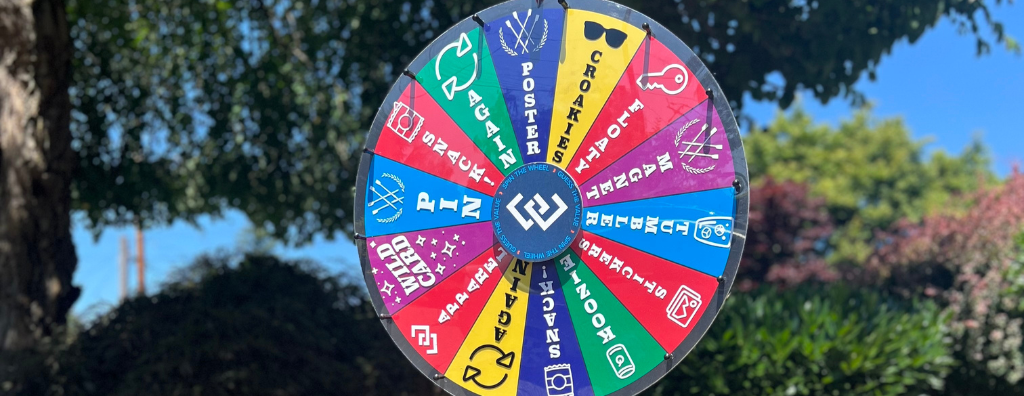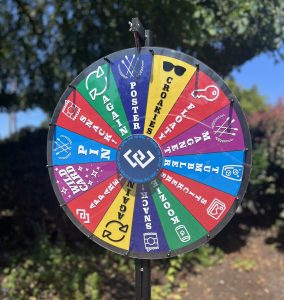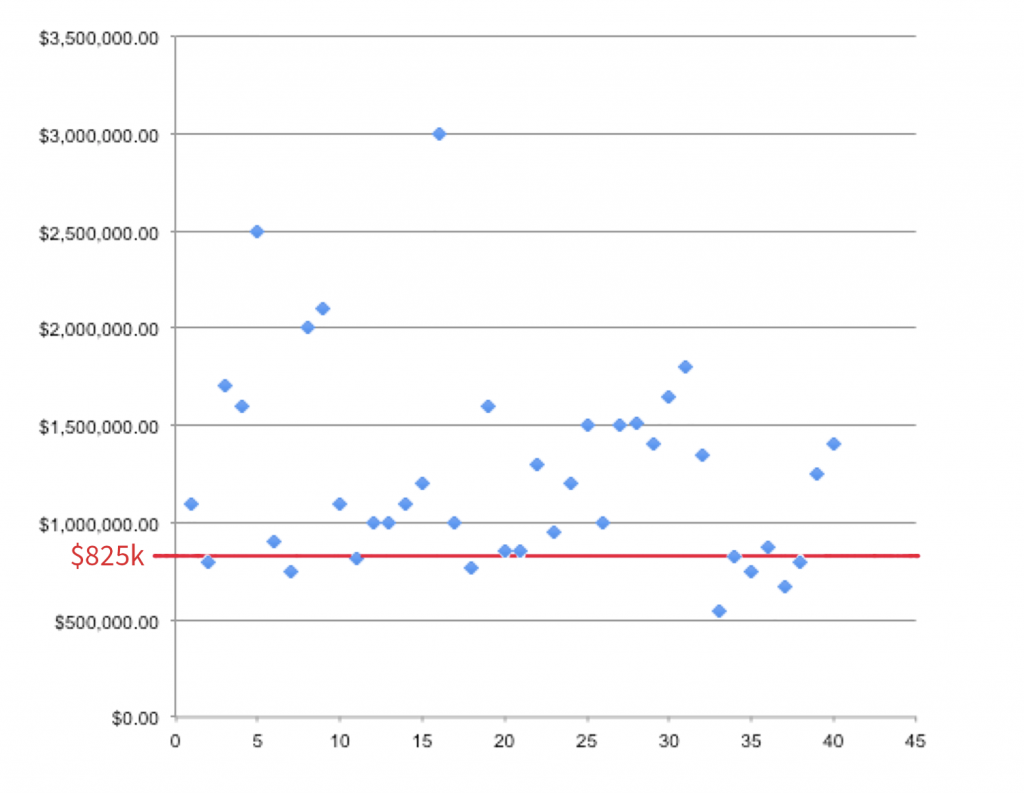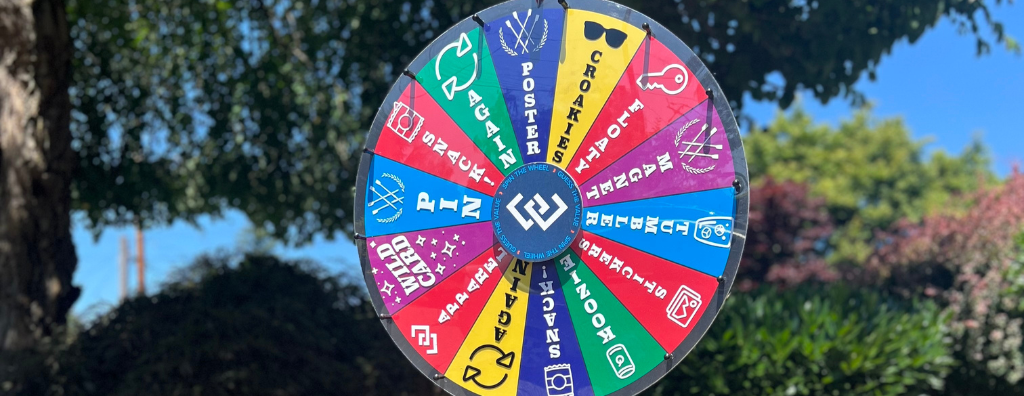Public Experiment on Guessing Home Market Values

Most people understand there are many factors contributing to the “sold price” of a house, but how accurate is the general public in guessing the price of a recently sold home? We decided to find out.
Before we get into the details of the experiment, let’s cut the general public some slack. Pricing a home is one of the most difficult jobs for real estate agents and home sellers. Many factors contribute to the eventual sale price, including:

- Local market trends
- Local market trends
- Interest rates
- Housing supply
- Neighborhood demand
- Buyer’s Markets
- Sellers Markets
- Balanced Markets
- Age and conditions
- Home improvements
- Curb appeal
- Zoning laws
Public Home Price Guessing Experiment
Every year, Windermere hosts the Windermere Cup, a rowing championship held in Seattle, at the University of Washington. Thousands of people attend the event, and many stop by the information booth.
This year, we installed a challenge at the information booth. The concept was very simple: guess the price of a recently sold home, and then spin the prize wheel.

Methodology
We provided four pictures of the home and many key data points to help participants with their guess.
Home displays included the address, neighborhood, square footage, # of beds, # of baths, year built, and other key factors like HOA fees, if it had a view, recent renovations, acreage, A/C, patios, decks, and more.
Participants were able to choose from eight different homes, of their choice, to guess the final price of the home. The price wasn’t revealed until the guess was recorded.
The Results
Out of the 182 participants, the average guess was 100.89% over the sold price. That’s double the actual home price. Only six people were able to come within $50,000 of the sold price. On the best-guessed house, people guessed an average of 31.77% over, but on the most difficult house, people guessed an average of 255.9% over the price.
Example home in Queen Anne: Actual Price: $825k
Average guess: $1,250,275 (51% over)

Given a different market, the results could have easily swung the other way, with people underestimating the value.
 Facebook
Facebook
 X
X
 Pinterest
Pinterest
 Copy Link
Copy Link
